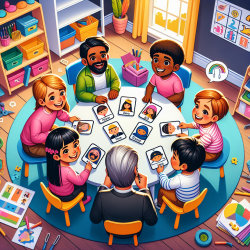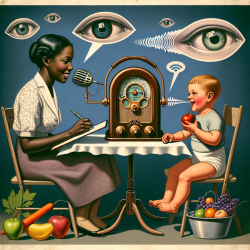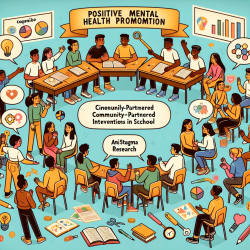A speech-language pathologist (SLP), sometimes called a speech therapist, is a person trained to test and work with people with speech and language problems. If your child has a hearing loss, you will likely work with a speech-language pathologist (SLP). The SLP will help your family decide the best therapy approach for your child. The therapy approach can differ depending on how much hearing problem your child has. Some SLPs focus on spoken language only, while others focus on spoken language and sign language.
The SLP may work with your family and a team of professionals, such as an audiologist, an ear, nose, and throat doctor (ENT), an early intervention specialist, and a teacher of the deaf to provide you and your child with the best services you need.
Among SLPs, one who has training and experience to work with infants and young children with hearing loss will offer the best care for your child. For more information about children’s hearing, visit the CDC’s website.
Questions You May Want to Ask Your Child’s Speech-Language Pathologist
Questions about speech and language therapy services for my child:
- What kind of training and experience do you have working with children who are deaf or hard of hearing? What age group have you worked with?
- What communication option(s) do you use in therapy (for example: Signing Exact English (SEE), American Sign Language (ASL), Cued Speech, Auditory-Verbal, etc.)? What is your experience and comfort level using these communication options?
- How do you test my child’s speech and language development? How often will you check my child’s progress?
- How do you decide the amount of time my child will spend on speech production, language (spoken or signed), and auditory (hearing) training?
- What are my costs for the different types of therapies? Where do I go to get help with these costs?
- Can I observe a speech therapy session with another child who has hearing loss?
Questions to help my child at home:
- Can you tell me where I can learn more about the different types of communication options?
- What tips can I use or activities can I do to support my child’s communication at home?
- Can you suggest any other resources in the community for our family?
After talking with the speech-language pathologist, you might learn valuable insights into your child's condition and the type of care they may receive. If you have questions or concerns about the care your child receives, you may want to schedule a longer appointment.
For more information, please follow this link.










